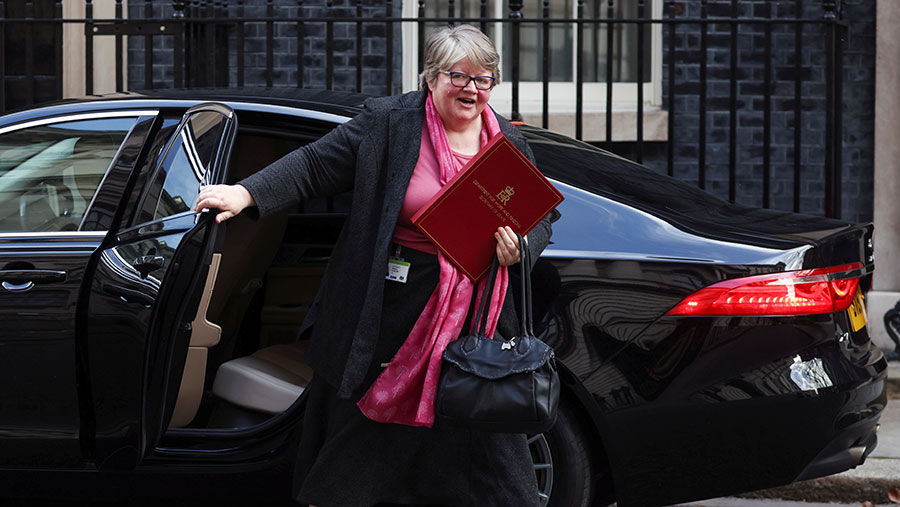Editor’s View: No one is above the grubby battle for power
 © Tom Nicholson/Adobe Stock
© Tom Nicholson/Adobe Stock Watching the rapid downfall of Liz Truss has been a lesson in how power can vanish in the blink of an eye.
The office of prime minister, when functioning well, has a great store of the two types of power in the world – soft and hard.
Soft power is the ability to persuade someone to do what you want. Hard power is when you can order or pay them to do it.
See also: Therese Coffey returns to Defra amid calls for clarity on ELM
Believe in the values of your leader and you will do difficult things for them without desire for material reward. That is soft power.
Believe that your leader will reward you for your labours with a coveted promotion – or punish you for disobeying with a demotion – and you may also choose to go the extra mile. That is hard power.
Truss’s failure with carrot and stick meant that the carriage of state careered into a ditch and we now wait to see Sunak’s skill as a driver.
He has spent some of his small reserves of hard power this week by rewarding allies with cabinet positions and making enemies of others who feel they are overlooked.
New environment secretary
New environment secretary Therese Coffey, who held a junior ministerial post in the department until 2019, appears to many to be kept in a government job simply to appease the Truss sympathisers.
Better to have her busy than a potential totem for those minded to make mischief, they say.
This meant no room for Sunak supporter and former Defra secretary George Eustice, who has, at time of going to press, seen no reward for his faithful support over the two leadership campaigns.
Clearly being too much of a team player can sometimes be bad for your career.
Yet while Ms Coffey is known recreationally for her love of karaoke and real ale, her ability to quickly take up the reins at Defra should not be underestimated.
As well as her previous years of experience in the building, she also represents the rural seat of Suffolk Coastal, where I’m sure her many fine farming constituents have kept her apprised of the agriculture’s challenges.
She is also known for her links to the influential chairman of the Climate Change Committee, Lord Deben, who held her seat before her, and for her friendship with Lord Benyon – who at time of writing is still a junior minister at Defra.
That will enable her to talk the talk and reduce the likelihood she’ll stumble into trouble when walking the walk.
After a turbulent couple of months, I predict her first priority will be to attempt to get through to Christmas without making headlines, so I’m not expecting fireworks.
Power struggles are often most visible in the political sphere, but to think that struggles for dominance exist only in this grubby domain would be a mistake.
Farmers’ soft power
For farmers, our soft power is linked to the values we can transmit that help keep customers loyal to brand Britain.
That is why leadership on the environment and animal welfare is vital.
Hard power is the fear of scarcity. Dairy firms have not increased their prices just because they have found new respect for their milk producers.
Truss is on the scrapheap because she tried to wield more power than she had – a failure that has brought down many before her.
In the ongoing battle for survival, a frank assessment of our own position as individuals and as a sector is crucial for success.

